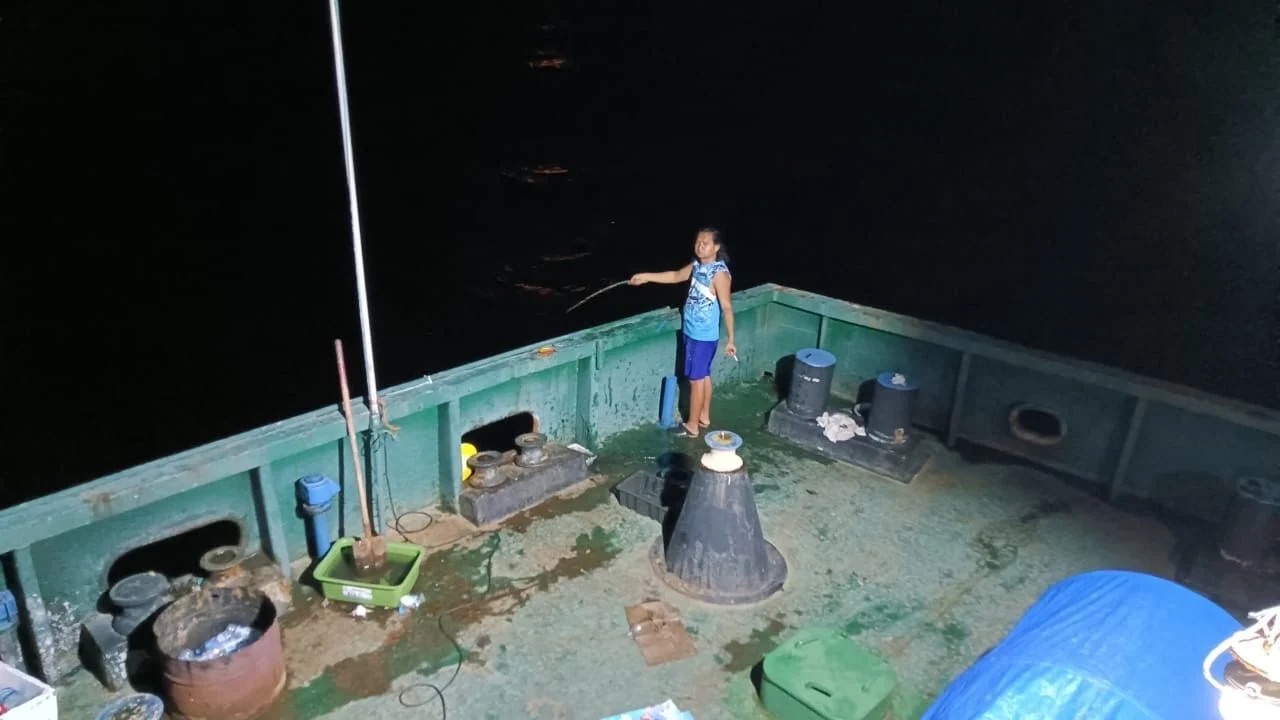The International Transport Workers’ Federation (ITF) has raised the alarm over what it calls a “disturbing surge” in the abandonment of seafarers in 2025, with figures revealing a dramatic escalation over already record-breaking numbers reported in 2024. In a new report, the ITF disclosed that 2,280 seafarers have been abandoned aboard 222 vessels so far this year — a rise of nearly one-third from the same period last year.
The situation reflects an ongoing crisis in the maritime industry, with unpaid wages reaching $13.1 million in 2025 compared to $11.5 million involving 1,838 seafarers in 172 cases by this time in 2024.
“Every single case of abandonment is a disgrace,” said Steve Trowsdale, the ITF’s Inspectorate Coordinator.
He added: “It’s an intentional abuse of human rights, and the failure to end abandonment exposes a systemic problem in the maritime industry.”
Under international law, abandonment is defined as a situation where seafarers are denied pay for two months or more, left without food or medical support, or stranded far from home—often enduring all of these conditions simultaneously.
The ITF is now urging swift intervention from international regulators, port states, and the International Maritime Organization (IMO), calling for stronger enforcement mechanisms and more aggressive oversight.
Geographically, the report highlights the Arab World as the epicentre of the crisis, accounting for 37 percent of abandonment cases in 2025—closely followed by Europe at 34 percent, with Turkey leading the European tally. These rates, the ITF says, are more than double those reported in Asia-Pacific, the next highest region.
“We are seeing a pattern of abuse that cannot be ignored and that must be confronted,” Trowsdale stated. “In recent years, the Gulf region, and the UAE in particular, has seen a huge increase in seafarer abandonment cases. Both there and in Europe, much more must be done to crack down on the rogue shipowners who need to know there’ll be consequences.”
At the heart of the crisis, the ITF points to the persistent problem of “Flags of Convenience” — a system that allows shipowners to register vessels in countries with weak regulations and poor oversight. The report identifies St. Kitts & Nevis and Tanzania, with 26 cases each, and Comoros, with 18, as the top three registries linked to abandonment. Combined, these three flag states dominate the list of offenders.
The ITF asserts that three-quarters of all reported abandonment cases in 2025 stem from vessels flying such flags of convenience. The organization highlights a troubling pattern: lax enforcement, lack of adequate insurance coverage, and shipowners’ refusal to take responsibility for crew welfare.
The growing crisis has caught the attention of global regulators. Member states at the IMO have expressed concerns over the failure of some registries to enforce basic standards. The U.S. Federal Maritime Commission has also launched an investigation into registry practices, noting how these lenient regimes distort fair business practices and pose risks to U.S. trade.
The EU, responding to the broader implications of weak enforcement, has implemented a program of insurance verification for vessels operating in Northern Europe and the Baltic Sea. The initiative targets aging, poorly monitored tankers in the so-called shadow fleet, which regulators fear could trigger a major environmental disaster.
As the ITF continues to document and expose these cases, it is pressing for systemic reforms and greater accountability in the shipping industry. The federation insists that only through coordinated international action can the tide of abandonment be turned.
“Seafarers are the backbone of global trade,” Trowsdale emphasized. “When the system fails them this badly, it’s a failure for all of us.”


















Leave a comment